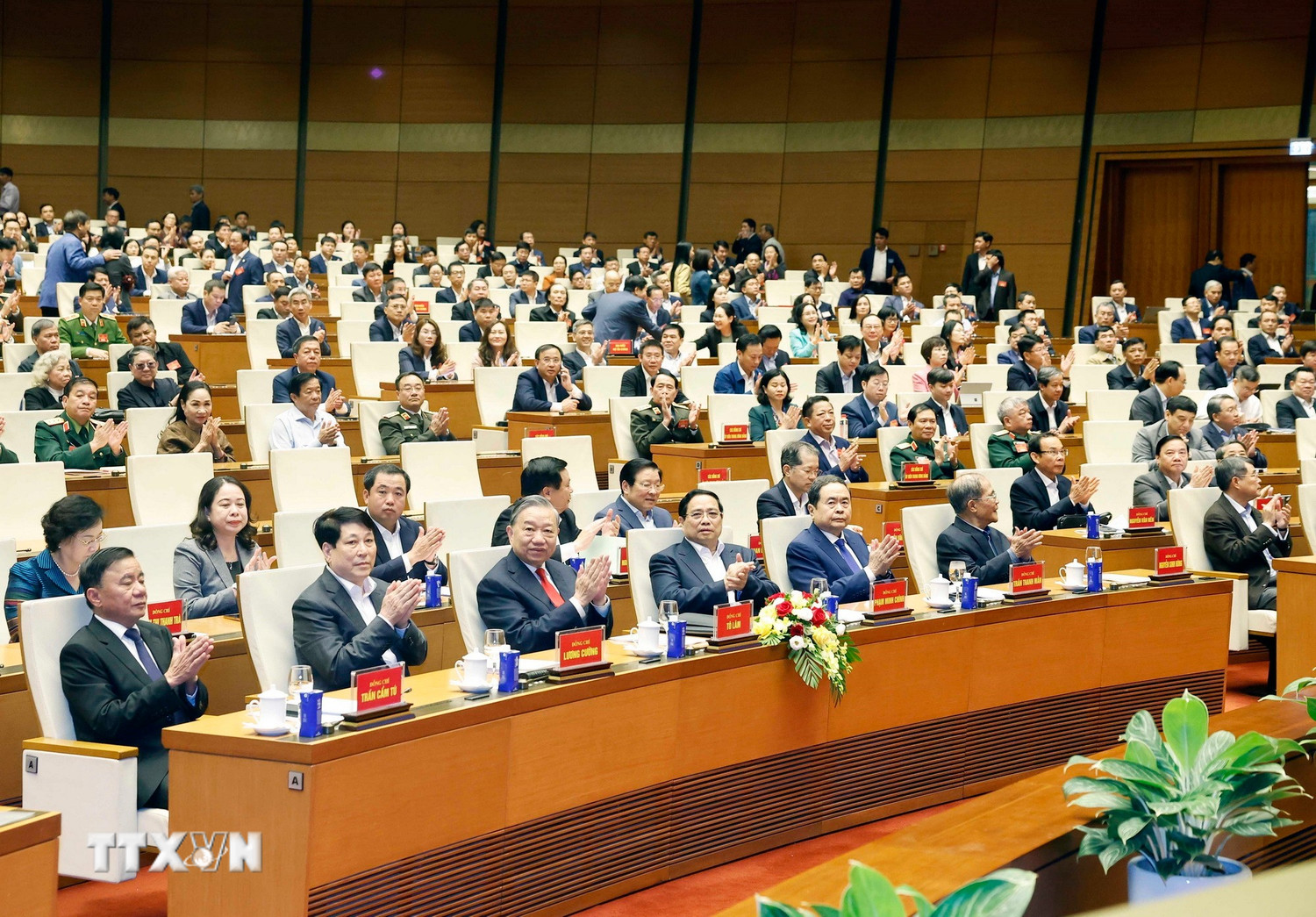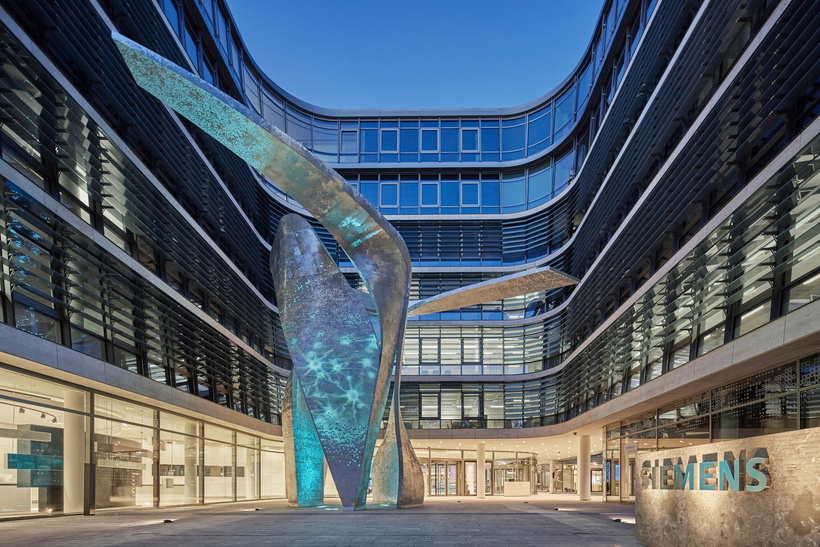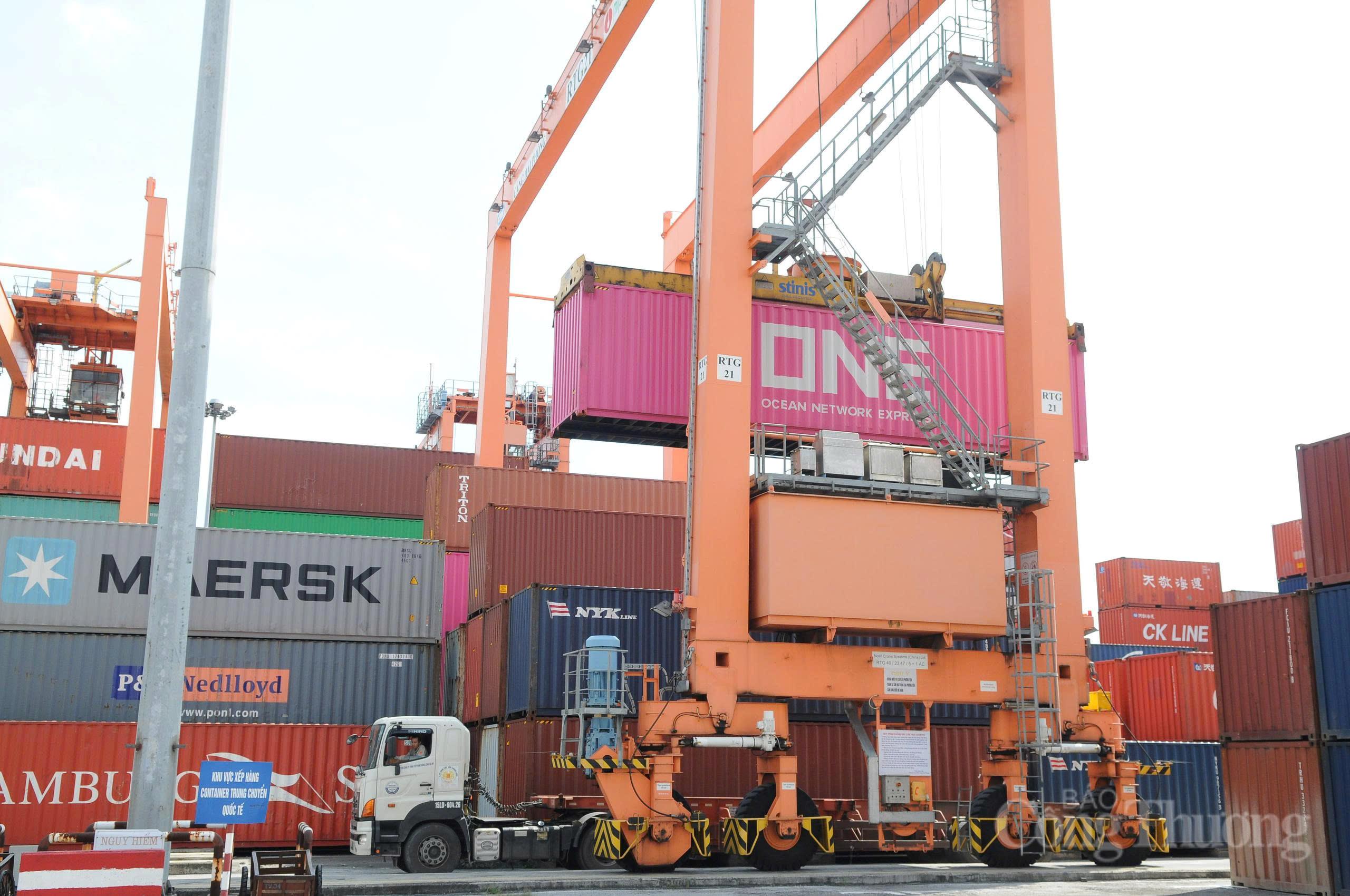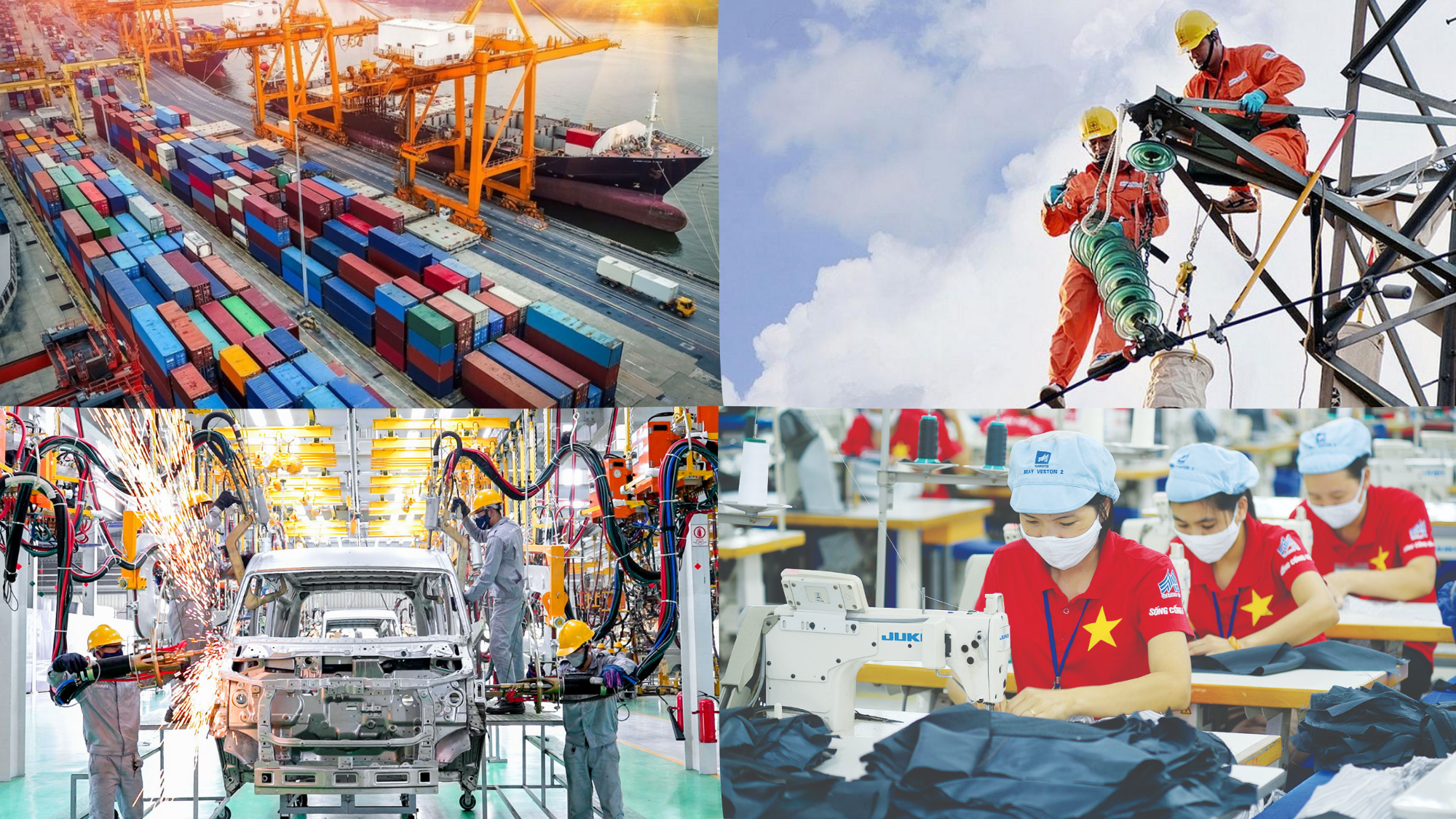
Nationwide conference disseminates Resolutions 79 and 80
19:05 | 23/03/2025 16:23 | 25/02/2026News and Events
The reversal of priorities in energy transition
Ahead of the COP30 Conference in Brazil, a global study by Siemens reveals a notable shift in the energy strategy landscape. A survey of 1,400 senior executives and government representatives across 19 countries reflects a new priority trend: Ensuring national energy independence has become the top goal, surpassing international cooperation on decarbonization.
Amid volatile geopolitical dynamics and unstable markets and supply chains, energy is increasingly being used as a tool of leverage. In this context, governments are compelled to safeguard their energy security and sovereignty while maintaining their capacity to respond to escalating climate risks. Within just two years, energy independence and proactive risk management have risen sharply in priority among policymakers.
The survey data also reflects a decline in confidence regarding progress toward climate goals. Only 37% of leaders believe the 2030 decarbonization target can be achieved, down from 44% in 2023. This highlights a persistent gap between commitments and implementation capacity, particularly as global resources are being stretched by pressures of security, social welfare and economic growth.
The study emphasizes a new perspective: energy resilience is not a trade-off against clean energy transition goals, but rather a prerequisite for achieving them. As infrastructure systems face climate disruptions, market instability and potential supply interruptions, sustainability must go hand in hand with autonomy and operational stability.

A biennial study conducted by Siemens, surveying 1,400 senior leaders worldwide. Photo: Siemens
This is seen as an important warning at a time when countries are formulating new climate strategies for 2026. An energy transition strategy that lacks resilience poses serious risks to both the economy and the environment, particularly for nations heavily reliant on energy imports.
Digital technology becomes a cornerstone of the transition process
Alongside the shift in policy priorities, the study highlights that digital technology is playing a central role in shaping the energy systems of the future. Senior executives rank digital technology as the second most influential factor driving the clean energy transition in industry, just after the expansion of energy storage systems.
In particular, artificial intelligence (AI) is expected to deliver significant positive impact. Sixty-six percent of leaders believe AI is enhancing the resilience of critical infrastructure, while 59% report that their organizations are using AI to support emission reduction and operational optimization efforts. This reflects a clear understanding that the inherently complex and variable nature of renewable energy requires intelligent digital infrastructure to coordinate operations and ensure stability.
With the global grid facing multiple simultaneous pressures, from integrating distributed renewable energy sources to managing growing demand, investing in digitalization and grid consolidation is seen as key to accelerating the energy transition. A flexible, data-driven electricity system can help mitigate energy security risks while maintaining decarbonization progress even in volatile market conditions.
The key message from the study ahead of COP30 is that countries need to recalibrate their climate strategies to integrate three critical objectives: energy security, system resilience, and the acceleration of the clean energy transition. If these elements are not closely aligned in planning, the risk of falling behind in the fight against climate change will continue to grow.
The study offers an important strategic implication for the next phase of the global energy transition. Clean energy cannot be developed on an insecure and unstable foundation. Only when energy security becomes a solid foundation can technology and innovation play a role, helping the world maintain the path towards climate goals, despite the challenging journey ahead.

19:05 | 23/03/2025 16:23 | 25/02/2026News and Events

19:05 | 23/03/2025 16:21 | 25/02/2026News and Events

19:05 | 23/03/2025 10:53 | 25/02/2026News and Events

19:05 | 23/03/2025 10:51 | 25/02/2026Trade

19:05 | 23/03/2025 17:34 | 24/02/2026Trade